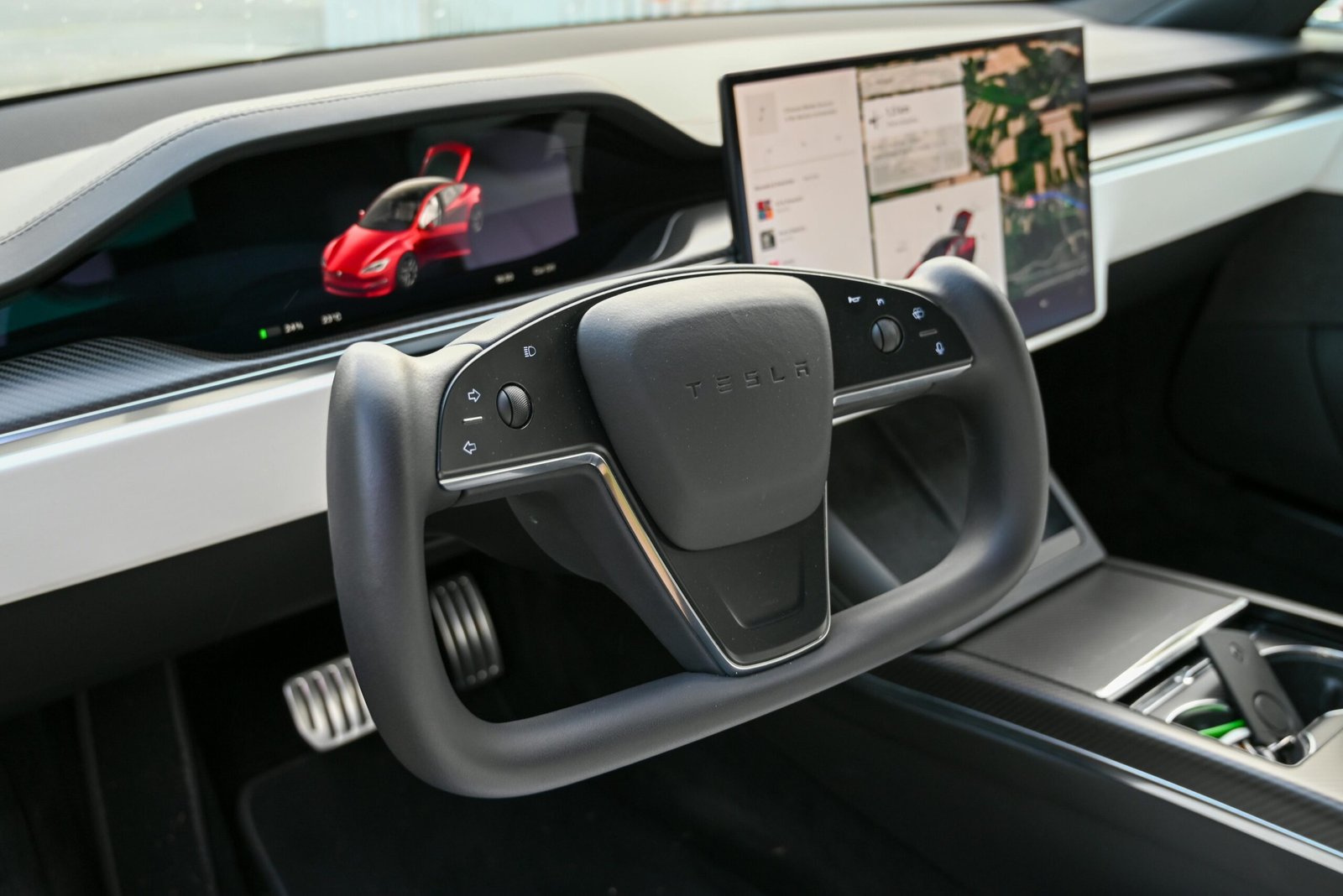Understanding the Categories of Intelligent VehiclesIntroduction
Types of Smart Cars:

The automotive industry is going through a technological transformation. Cars are no longer just mechanical contraptions but have become smart cars that incorporate digital systems, connectivity, and automation. Smart cars, however, are not a single monolithic category. They come in different types, each with varying focuses on technological elements and levels of intelligence.
In this article, we explain the main smart car types, what makes them different, their advantages, and where they are in the future of mobility.
- Connected Cars
Connected cars are vehicles that use the Internet of Things (IoT) to transfer information between devices, infrastructure, and other vehicles.
Features
Internet connectivity via 4G or 5G
Real-time traffic and navigation information
Vehicle-to-Vehicle (V2V) and Vehicle-to-Infrastructure (V2I) communication
Remote software updates and diagnostics
Advantages
Better traffic management
Monitoring of vehicle performance remotely
Integration with smart homes and smart cities
- Autonomous Cars (Self-Driving Cars)
Autonomous cars are perhaps the most advanced type of smart car. They employ AI, sensors, and big data to drive with no human intervention.
Levels of Autonomy (SAE Classification)
Level 0: No automation, human drives completely
Level 1: Driver assistance (adaptive cruise control)
Level 2: Partial automation (Tesla Autopilot, lane-keeping)
Level 3: Conditional automation, car drives but human must be attentive
Level 4: High automation, no driver input in certain conditions
Level 5: Complete automation, fully driverless
Advantages
Prevents human error accidents
Increases mobility for elderly and disabled persons
Saves time by allowing passengers to focus on other things
- Electric Smart Cars
Not all electric cars are smart, but the majority of modern electric vehicles (EVs) have smart features. EVs are all regarding sustainability and energy efficiency.
Features
Electric batteries instead of fuel engines
Smart charging mechanisms
Pairing with renewable energy grids
Real-time monitoring of energy consumption
Benefits
Eco-friendly, zero emission
Lower operational costs
AI-powered intelligent energy management
- Hybrid Smart Cars
Hybrid cars utilize a mix of internal combustion engines and electric motors. Intelligent energy management systems now appear in most hybrids.
Features
Automatic switching between fuel and electric power
Intelligent regenerative braking
Route planning for fuel conservation
Benefits
Improved fuel efficiency
Less environmental footprint
Smooth transition for drivers moving towards EVs
- AI-Powered Smart Cars
Some cars are designed around artificial intelligence as the central theme. AI helps with decision-making, predictive maintenance, and customization.
Features
Voice-controlled virtual assistants (similar to Siri, Alexa integration)
Predictive maintenance alerts
Customized driving settings (seat, temperature, music)
Driver behavior analysis for safety
Benefits
Driving comfort is enhanced
Mechanical failure is avoided
Driving is more secure and effective











